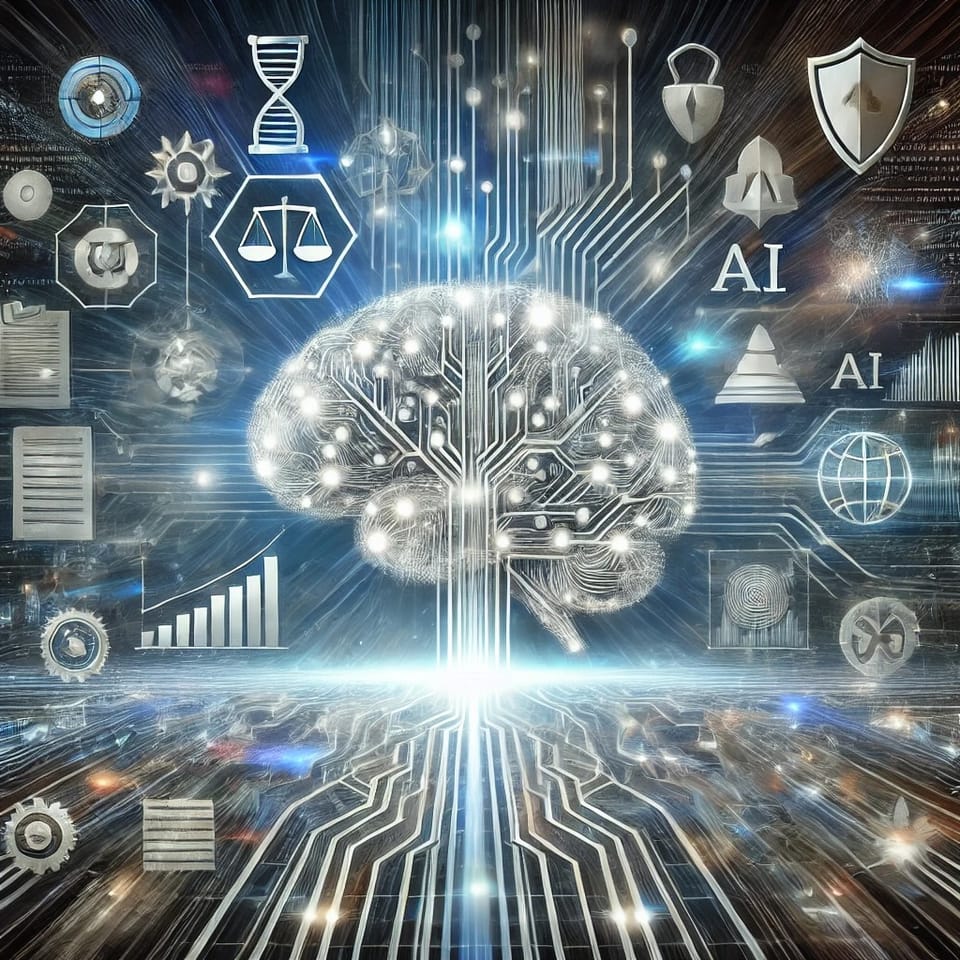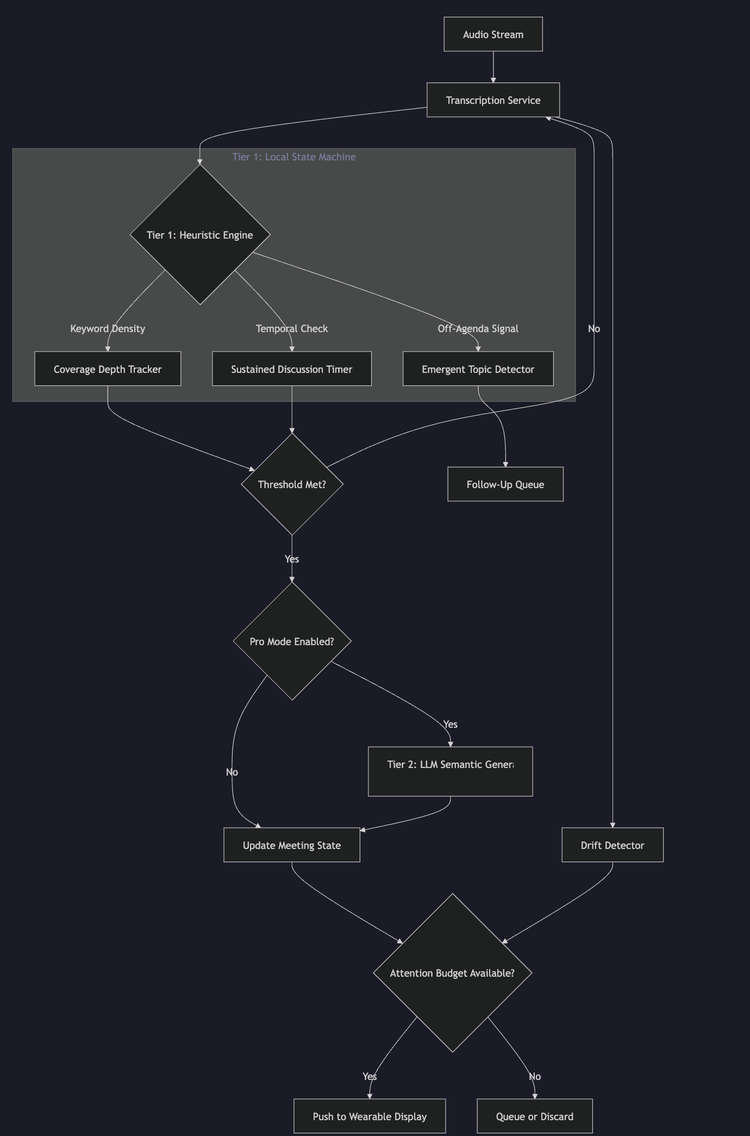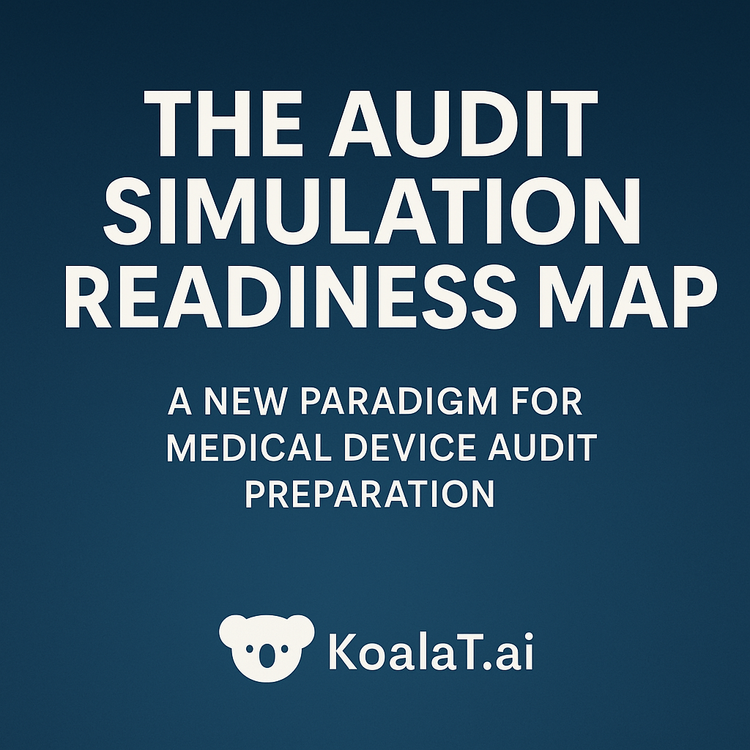The Transformative Impact of AI on Auditing: A Global Perspective

Artificial Intelligence (AI) is revolutionizing the auditing landscape on a global scale. As a powerful catalyst for change, AI is reshaping traditional auditing methodologies, bringing unprecedented efficiency, accuracy, and adaptability to the profession.
Enhancing Efficiency and Accuracy
AI-driven tools are automating routine audit tasks, allowing auditors to focus on complex analyses and strategic decision-making[1]. This automation significantly accelerates audit cycles and improves the precision of insights, transcending geographical boundaries[1].
The adoption of AI contributes to global standardization and consistency in auditing practices[1]. Standardized algorithms ensure a uniform approach across jurisdictions, benefiting multinational corporations and streamlining audit processes worldwide[1].
Evolving Role of Auditors
Auditors are evolving into strategic decision-makers, data analysts, and ethical guardians of AI integration[1]. This new role emphasizes continuous learning, adaptation to technological advancements, and a commitment to upholding ethical standards in the era of AI-driven auditing[1].
AI empowers auditors to leverage insights for informed decision-making[1]. The global standardization facilitated by AI leads to a harmonized approach, ensuring consistency and reliability in financial reporting across diverse industries and jurisdictions[1].
Collaboration for Responsible AI Integration
Collaboration among industry stakeholders, auditors, and regulators is critical for responsible AI integration[1]. Open dialogue, knowledge sharing, partnerships, and global standardization initiatives are essential components of a collaborative approach to harnessing the benefits of AI in auditing[1].
Auditors must prioritize ethical considerations, addressing issues such as bias mitigation, transparency, and privacy[1]. Responsible AI adoption requires a commitment to upholding ethical standards and ensuring AI-driven tools align with professional and societal values[1].
Continuous Learning and Transparency
To navigate the evolving landscape of AI-driven auditing, auditors must engage in continuous learning and skill development[1]. Training programs and knowledge-sharing initiatives empower auditors to leverage AI effectively while maintaining their roles as critical thinkers and interpreters of AI-generated insights[1].
Transparent communication about the integration of AI in auditing practices is essential[1]. Stakeholders should be informed about the benefits, limitations, and ethical considerations associated with AI adoption[1]. Transparency fosters trust and understanding[1].
Shaping the Future of Auditing
The global perspective review of AI's role in transforming auditing practices underscores the potential for positive change and innovation[1]. Embracing AI responsibly is not just a necessity but an opportunity to redefine the future of auditing practices, ensuring they remain trustworthy, adaptive, and aligned with the evolving needs of the global business environment[1].
As the auditing profession embraces the transformative potential of AI, it stands poised to lead the way in shaping a more efficient, accurate, and resilient financial reporting landscape worldwide[1]. The journey ahead requires collaboration, ethical considerations, and a forward-looking approach to harness the full potential of AI for the benefit of the auditing profession and the global business community[1].
AI #Auditing #GlobalPerspective #Transformation #Collaboration #EthicalAI #ContinuousLearning #Transparency #FutureOfAuditing
Citations:
[1] https://wjarr.com/sites/default/files/WJARR-2024-0460.pdf





